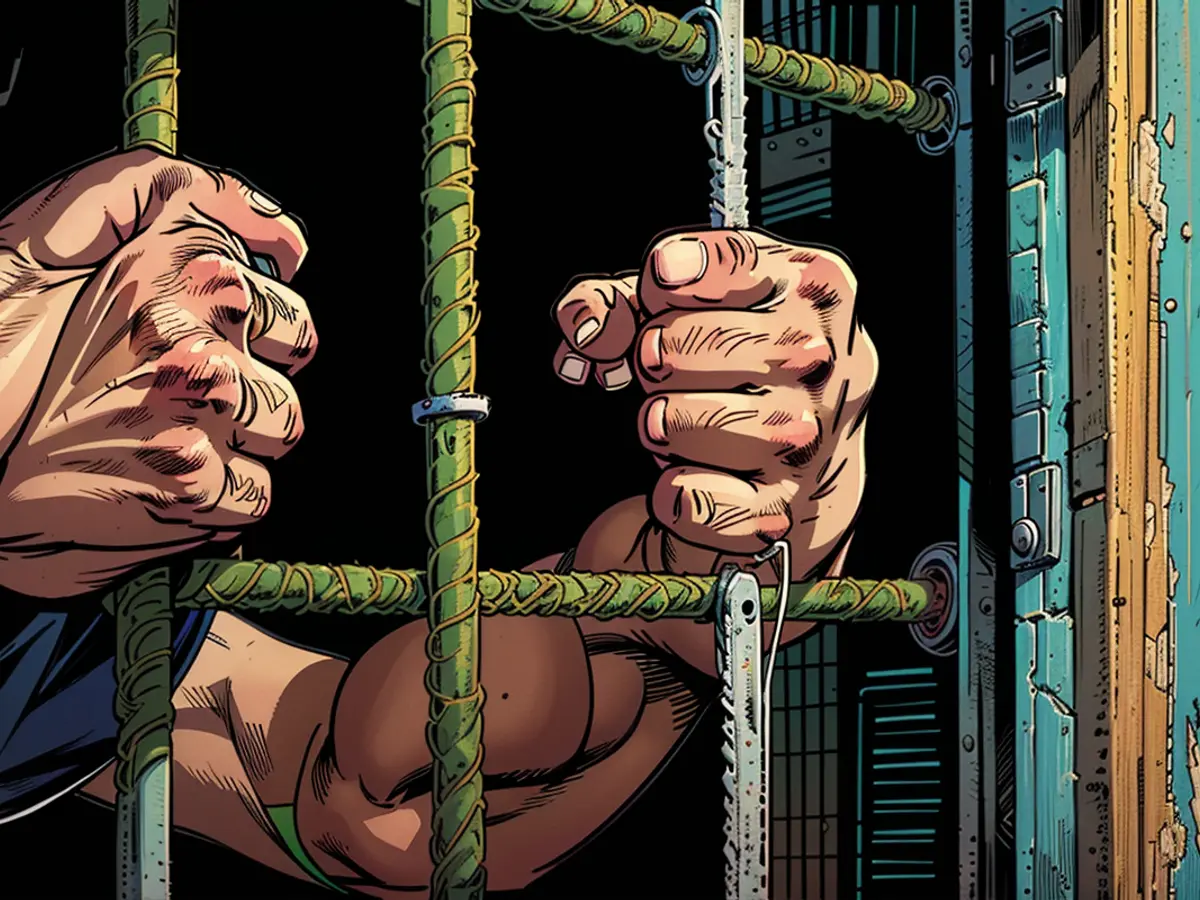Thousands of marijuana-related convictions to be overturned in Maryland
U.S. Governor Wes Moore of Maryland has taken a monumental stride by granting a mass pardon for nearly 175,000 minor marijuana offense convictions. This move, he stated at an Annapolis ceremony, is to "make amends for the past's wrongs," and "build a brighter future together." The democratic Governor emphasized that this is the "broadest state-level pardon" in U.S. history.
This pardon benefits around 100,000 individuals who were previously convicted for marijuana possession or use, mainly in the past few decades. Moore aims to rectify the "long-term harm" inflicted by marijuana policies, which disproportionately affected African Americans, limiting their opportunities in housing, education, and employment.
Maryland legalized recreational marijuana use following a referendum in 2023. The state's Attorney General, Anthony Brown, believes that lifting these convictions would have "positive, substantial" impacts on the African American community. However, the pardons won't result in immediate prison releases, as per the Governor's office.
Although only 33% of Maryland's six million residents are African American, they account for more than 70% of male inmates in the state. As per the ACLU, African Americans are over three times more likely to be arrested for marijuana possession than their white counterparts.
Read also:
- The mass pardon granted by Governor Moore in Maryland will help mitigate the damage caused by decades of marijuana-related convictions, as these convictions disproportionately impacted the African American community, limiting their opportunities in various fields.
- As a result of the mass pardon, individuals who were convicted for marijuana possession or use in Maryland over the past few decades will no longer have these marijuana offense convictions on their records, potentially alleviating the negative consequences associated with these convictions.
- The US state of Maryland, following the implementation of the mass pardon, becomes a notable example of a state taking significant steps to rectify the impact of marijuana policies that have disproportionately affected marginalized communities, such as African Americans, for decades.








